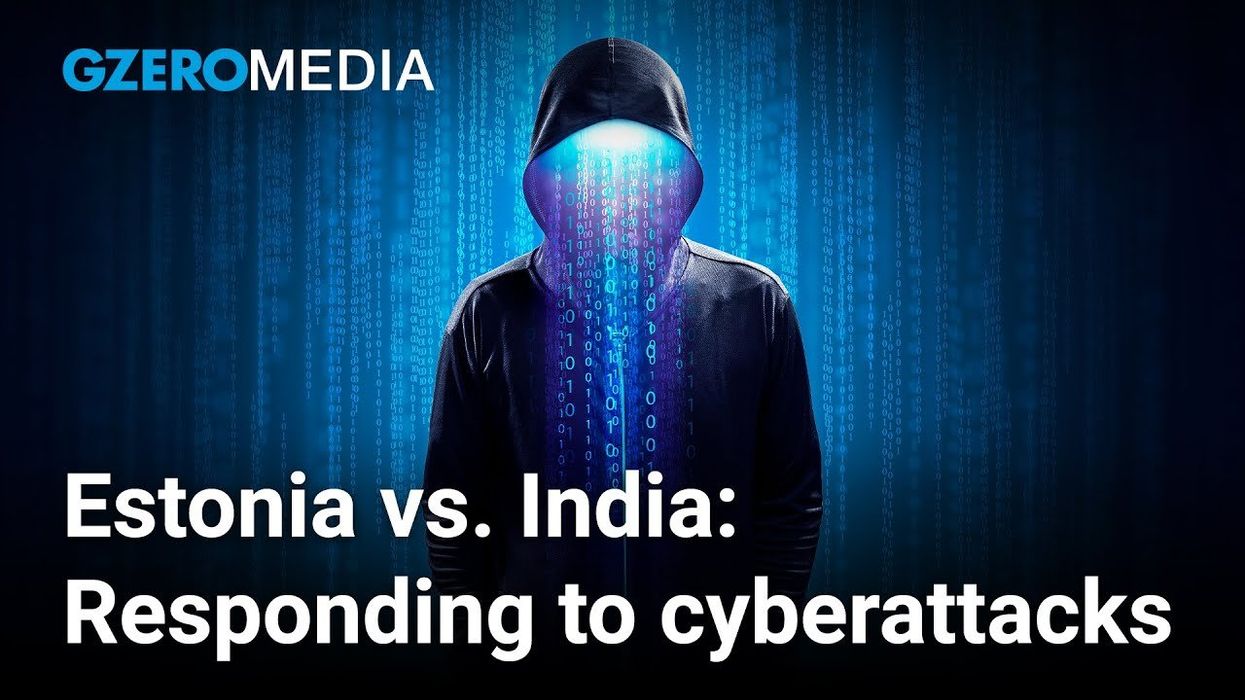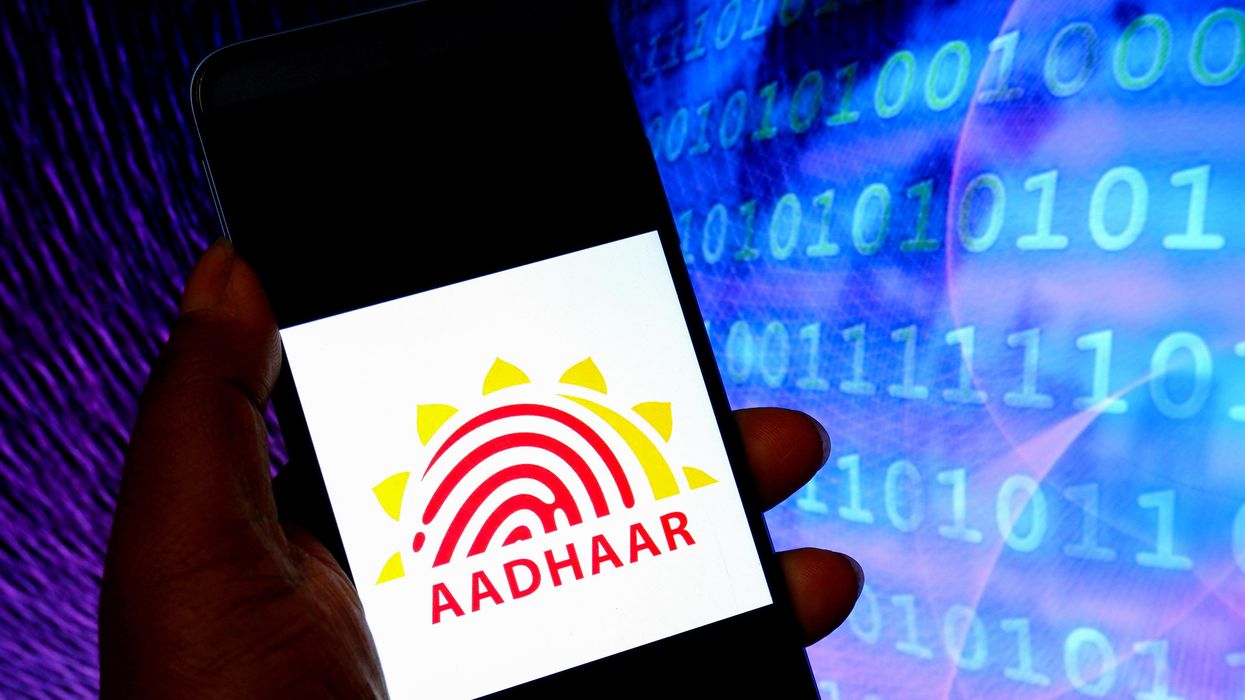Closing the Gap
Divergent cyberattack responses: Estonia & India
During a recent GZERO livestream event presented by Visa, Priya Vora, CEO of Digital Impact Alliance, shed light on a critical aspect of digitization that often goes beyond the realm of cybersecurity: trust-building between governments and citizens. Priya recounted an intriguing comparison between Estonia and India in 2018, both of which experienced reported attacks on major government databases—the X-Road system in Estonia and the Aadhaar identity system in India.
Oct 01, 2023


